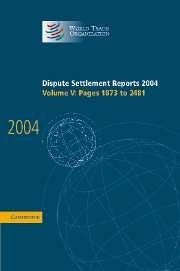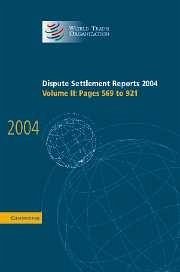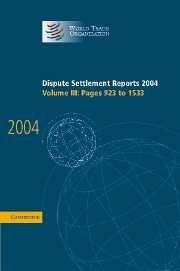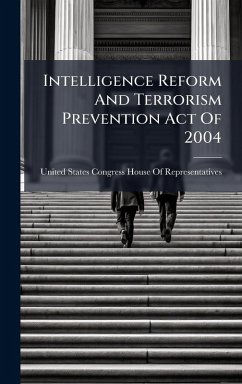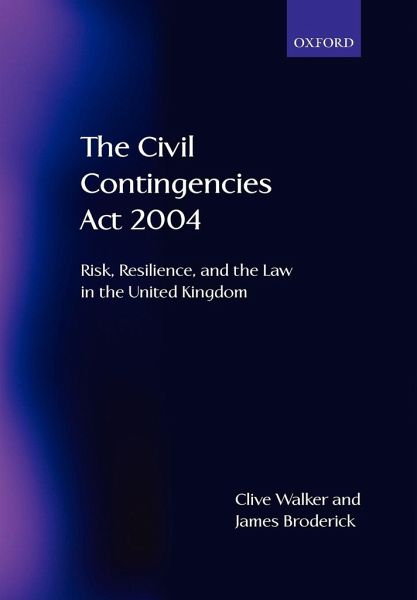
The Civil Contingencies ACT 2004
Risk, Resilience and the Law in the United Kingdom
Versandkostenfrei!
Versandfertig in 1-2 Wochen
171,99 €
inkl. MwSt.

PAYBACK Punkte
86 °P sammeln!
The Civil Contingencies Act 2004 marks an important recognition of the increasingly vital agendas of risk and resilience within our society. The United Kingdom has long had legislation dealing with limited types of risk in certain situations. Most prominent and controversial has been the recent legislation about terrorism, but there have also existed other statutes to deal with problems such as; debilitating industrial strikes; power and water supply emergencies; and food chaindisasters. However, more recent disturbing events, namely; the fuel strikes of 2000; the catastrophic terrorist attack...
The Civil Contingencies Act 2004 marks an important recognition of the increasingly vital agendas of risk and resilience within our society. The United Kingdom has long had legislation dealing with limited types of risk in certain situations. Most prominent and controversial has been the recent legislation about terrorism, but there have also existed other statutes to deal with problems such as; debilitating industrial strikes; power and water supply emergencies; and food chain
disasters. However, more recent disturbing events, namely; the fuel strikes of 2000; the catastrophic terrorist attacks of 2001 and threat of further attack through chemical and biological weapons; the foot and mouth outbreak of 2001; and climate change with its associated risks of floods and drought;
have rendered a more comprehensive approach to risk and resilience within the United Kingdom essential.
This book provides a detailed exploration of the Civil Contingencies Act 2004 and its supporting documentation. It describes and analyses recent changes by providing a full commentary on all parts of the Act - Part I covers the planning aspects and Part II explores the more reactive and controversial regulatory emergency powers. Part III deals with the implementation of the Act including management structures and resources and the operational and organisational concerns which the legislation is
intended to address. The theoretical and legislative contexts of the Act are also examined, including its impacts on constitutional and human rights issues.
The commentary provides a vital understanding of the civil protection and emergency response functions in the UK, and the appendices include the full text of the Act together with other official documentation.
disasters. However, more recent disturbing events, namely; the fuel strikes of 2000; the catastrophic terrorist attacks of 2001 and threat of further attack through chemical and biological weapons; the foot and mouth outbreak of 2001; and climate change with its associated risks of floods and drought;
have rendered a more comprehensive approach to risk and resilience within the United Kingdom essential.
This book provides a detailed exploration of the Civil Contingencies Act 2004 and its supporting documentation. It describes and analyses recent changes by providing a full commentary on all parts of the Act - Part I covers the planning aspects and Part II explores the more reactive and controversial regulatory emergency powers. Part III deals with the implementation of the Act including management structures and resources and the operational and organisational concerns which the legislation is
intended to address. The theoretical and legislative contexts of the Act are also examined, including its impacts on constitutional and human rights issues.
The commentary provides a vital understanding of the civil protection and emergency response functions in the UK, and the appendices include the full text of the Act together with other official documentation.





